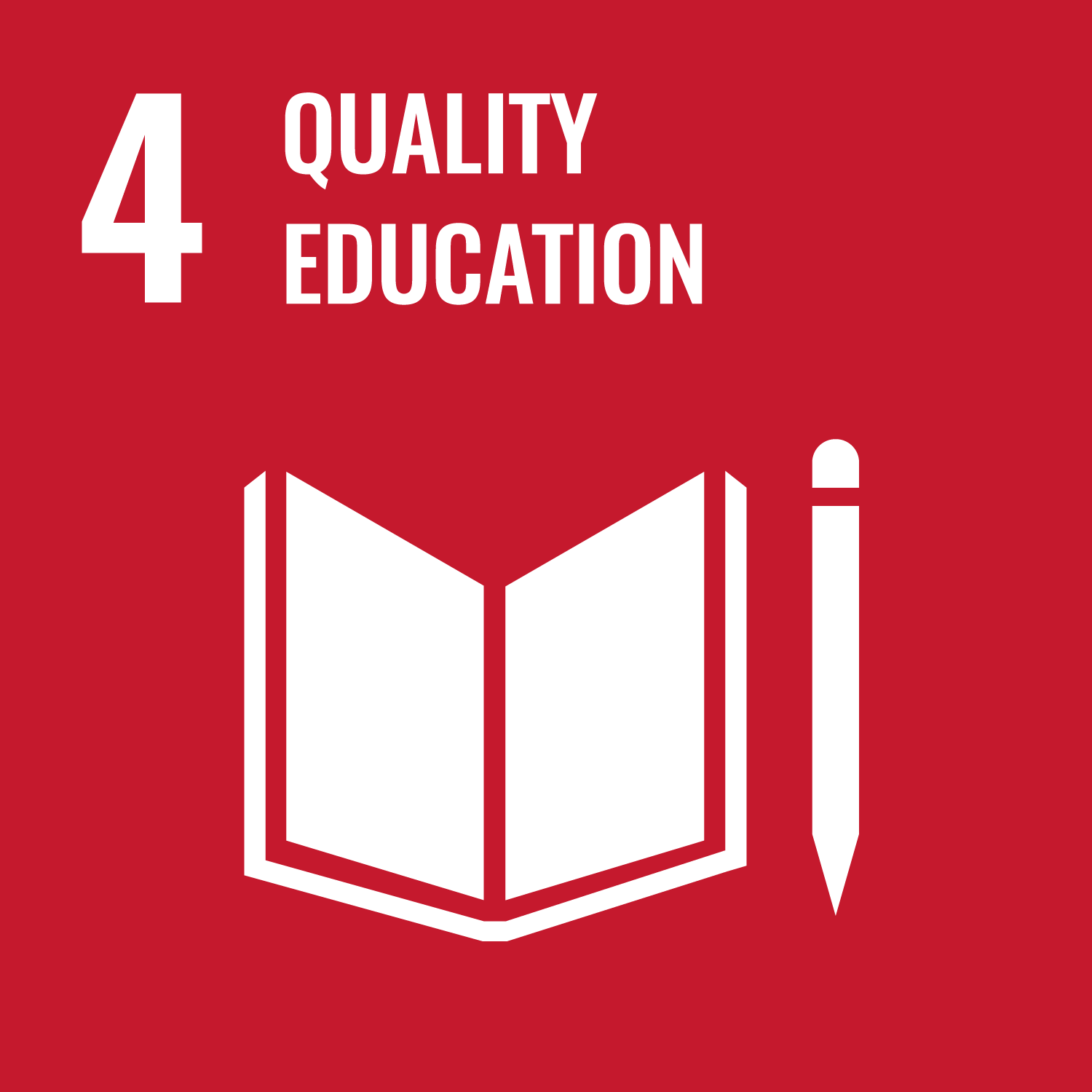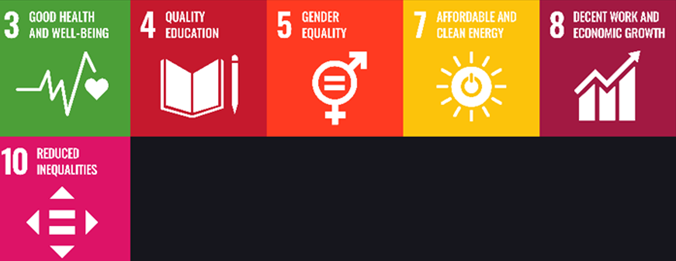Breda Lally
Lecturer in Economics; Programme Director for the Higher Diploma in Business Studies
J.E. Cairnes School of Business and Economics, University of Galway

Breda has worked as a researcher in the area of agri-environmental economics and teaches a wide range of economics modules at undergraduate and postgraduate level as well as supervising Master's students completing their dissertations in the areas of Health and Environmental Economics. Breda’s areas of research interest include environmental and agri-environmental economics. Breda is also interested in the areas of Equality, Diversity and Inclusion and student welfare. She is a member of the School EDI committee.
Breda's work contributes to these SDGs
Key Target: 4.4 Increase the number of people with relevant skills for financial success
Key Target: 4.5 Eliminate all discrimination in education

Teaching

Principles of Macroeconomics The objective of this module is to introduce students to the principles of macroeconomics. Macroeconomics is the study of how the economy as a whole works. Important macroeconomic concepts and issues include economic growth, inflation and employment. In this module students learn about measures used to measure an economy’s performance, long-run economic growth and short-run fluctuations in the economy. They also learn about the role played by government fiscal policy and monetary policy.
Supporting Targets: 8.1 Sustainable economic growth, 8.2 Diversify, innovate and upgrade for economic productivity, 8.4 Improve resource efficiency in consumption and production
Skills for Economics I This module provides students with a practical grounding in skills appropriate to the study and practice of economics and public policy. Students are introduced to skills and research methods used by economists, policy analysts and academic researchers. Students acquire practical skills that will be useful for future employment.
Supporting Target: 4.4 Increase the number of people with relevant skills for employment
Public Economics The course examines the role of government in the economy using economic analysis. It covers the topics of efficiency and equity, market failure, cost benefit analysis and public choice. It provides students with a solid understanding of some of the most important concepts and theories in public economics and provides a basis for students to understand government intervention in important areas such as the environment, climate change and health services.
Supporting Targets: 8.4 Improve resource efficiency in consumption and production; 13.3 Build knowledge and capacity to meet climate change; 4.4 Increase the number of people with relevant skills for employment
Skills for Economics II This module introduces students to the use of the core analytical "tools of the trade" for economists, including graphical analysis, and foundational quantitative methods appropriate to introductory economics. Topics covered include the logic of analytical diagrams in economics, the use of functions, the calculation of descriptive statistics, growth rates and index numbers, and the writing/presenting of economic analyses. In this module students acquire practical skills that will be useful for future employment.
Supporting Target: 4.4 Increase the number of people with relevant skills for employment
Direct impact SDG Targets
4.4 - Increase the number of people with relevant skills for financial success
4.5 - Eliminate all discrimination in education
Indirect
3.4 - Reduce mortality from non-communicable diseases and promote mental health
4.7 - Education for sustainable development and global citizenship
5.1 - End discrimination against women and girls
7.2 - Increase global percentage of renewable energy
8.1 - Sustainable economic growth
10.1 - Reduce income inequalities




